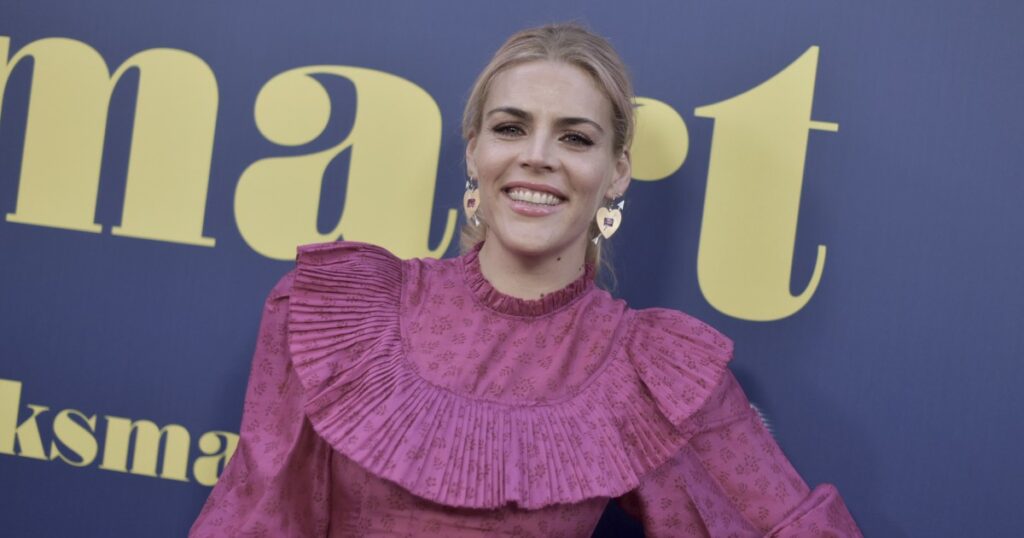#YouKnowMe at least isn’t #ShoutYourAbortion, but it still leaves out the other life involved
by Madeline Fry
Washington Examiner
After Georgia and Alabama passed sweeping abortion bans this month, pro-abortion activists and media dredged up the narrative that we’re living in a patriarchal “Handmaid’s Tale” society.
Late night host Busy Philipps spoke about the Georgia law on her show last week, implying that anyone who opposes abortion just wants to “police” women’s bodies. Her rhetoric about “judgment and interference” left no room for debate on the subject — anyone who disagrees with her just wants to oppress women. But her monologue was poignant. Philipps shared that she had an abortion at age 15.
“Maybe you’re sitting there thinking, ‘I don’t know a woman who would have an abortion,’” she said. “Well, you know me.”
More anti-abortion activists should listen to stories like hers, but not for the reason she thinks.
Georgia’s “heartbeat” law bans abortion at around six weeks, and Alabama’s, which bans almost all abortions, became the most restrictive in the country. After Alabama’s bill passed in the state legislature, Philipps asked women to share their stories with the hashtag #YouKnowMe.
Unlike #ShoutYourAbortion, the repulsive no-regrets movement that began in 2015, #YouKnowMe feels, well, less shameless. Women have shared their struggles with the decision to have an abortion when they felt they had no other option.
The stories are heartbreaking. But that doesn’t mean they justify the pro-abortion cause.
These women deserve sympathy and support, especially those who suffered rape, an exception for abortion that Alabama’s law doesn’t allow. But considering rape makes up 1% of all causes for abortions, legislation for that circumstance should consider it an exception, not a rule.
There’s never an ideal time to have a baby, but that doesn’t mean we shouldn’t consider the life of the unborn child.
Philipps may be right that most of us know and love someone who has had an abortion. But that doesn’t mean we have to start celebrating the decision. It means we have to continue loving the person — as well as the baby she once carried.

